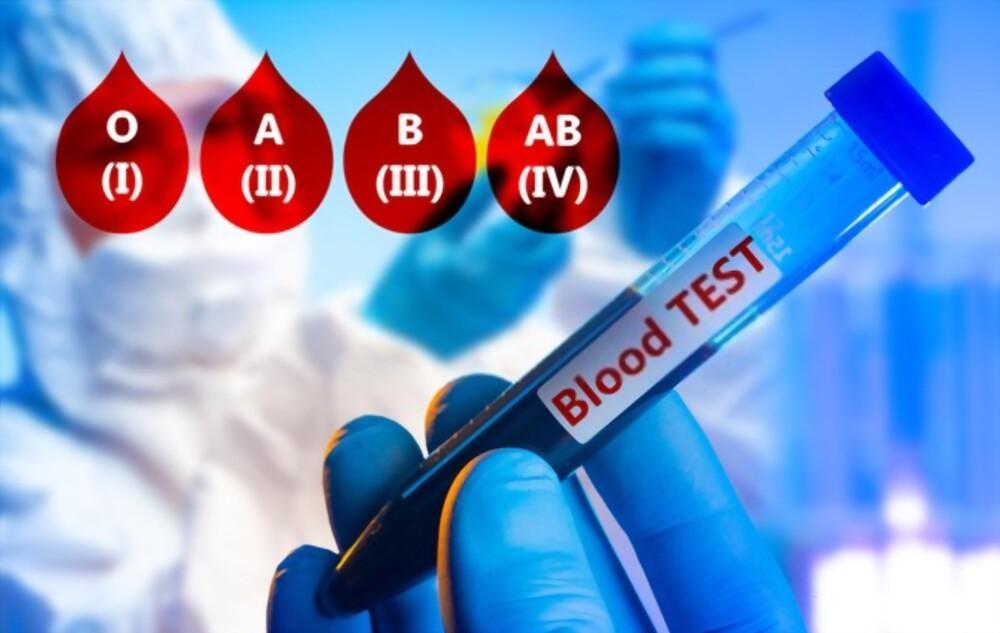Do you know your blood type? Don’t worry, there is a handful of people who don’t know theirs. Blood types are determined by genetics. You inherit genes from your parents — one from your mother and one from your father, creating a pair and knowing your blood type is an important tool for understanding how your body reacts and your susceptibility to diseases.
What is a blood type?
Blood type is determined by which antigens are present in your blood. Antigens are molecules that induce an immune response if they are foreign to the body.
There are four major blood groups:
Group A – Has the A antigen on red blood cells, They can donate to other type A individuals and type AB individuals and receive blood only from other type A individuals and type O individuals.
Group B – Has the B antigen on red blood cells, They can donate blood to other B individuals and AB individuals and can receive blood only from type B individuals and type O individuals
Group AB – Has both A and B antigens on red blood cell, They can give blood only to other AB individuals, but can receive blood of any type. (Universal Donor)
Group O – Has no antigens red blood cells; Individuals can donate blood to anyone, because their blood has no antigens. However, they can only receive blood from other type O individuals.
READ ALSO:6 Health Warning Signs You Should Take Seriously
The positive or negative distinction in your blood type has to do with the Rhesus (Rh) factor, which can be present (+, or positive) or absent (-, or negative) in each group. If your blood is in group A, for instance, you could be type A-positive or type A, depending on whether your blood has the Rh factor.
Blood is an incredible, essential component of your body. Knowing which of the blood types is at work inside your body is important for five distinct reasons and can help you .
You should know your blood type to stay healthy and even plan for the future.
1. You Could Save Your Life: The most important reason to now your blood type is to be prepared in case you’re ever in an emergency blood transfusion situation. Most hospitals can get blood to you quickly, but if you have a rare blood type, it can take hours or days to find the blood you need.” If you know you have a rare blood type, you can store it for future use.
2. To help others : All types of blood are needed because all types of people need blood. Someone needs a blood transfusion every two seconds and blood type in each race is slightly different.
3. To plan a healthy pregnancy : Knowing your blood type can help predict some conditions that can occur during pregnancy, such as Rh incompatibility between mom and baby.
4. To lower your risk for certain health conditions; Most of the time, blood typing helps you safely donate and help others, but it can also let you know if you are at risk for certain health conditions in the future like blood clots or bleeding, among others.
How To Find Out Your Blood Type
1. Ask your doctor. They may have a record that includes your blood type.
2. Donate blood. When you donate blood, it goes through several tests, including blood type which will give you access to your blood type.
3. Check during your next blood draw. The next time you have your blood drawn, ask to know your blood type.
4. Purchase a home testing blood kit.
While everyone’s blood generally looks the same, a complex set of systems is used to categorize what goes on beneath the surface. There are dozens of blood typing systems, but most people are familiar with the ABO and Rh systems, which provide the eight basic blood types.
Generally, AB-negative is considered to be the rarest blood type. However, because blood type is linked to genetics, there is no single type considered the rarest worldwide.
Thank you for reading
Dr kelly











